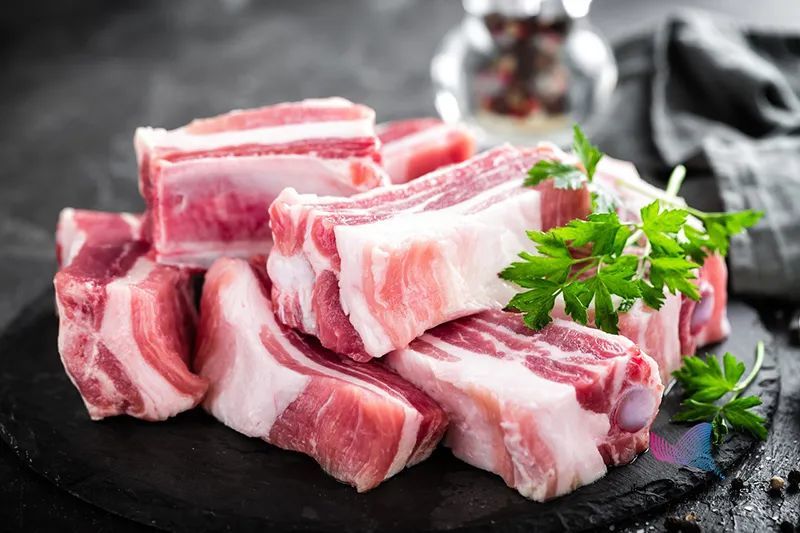The background of the Spanish pork industry’s successful entry into the Chinese market can be traced back to the early 21st century. At the time, the EU banned the use of processed animal protein in animal feed, and until then, unsold animal parts were processed and used as feed. Until it was discovered that China had a demand for these offal, Spain signed an agreement with China to export not only offal, but also high-end pork products, such as boneless and air-dried ham.
In 2023, Spain's pork products exported to China are mainly divided into frozen offal and by-products, frozen meat and chilled meat, with a total value of more than 1.2 billion euros. Not only has offal become the fastest-growing export category, but the export volume of air-dried ham has also increased significantly.
In order to meet the needs of the Chinese market, Spanish companies cut a large number of pork by hand and provide parts that are not common in Spain. 64 Spanish companies have been allowed to export to China. This is not only "proud" of the market size, but also a reflection of its strict requirements. "
However, with the threat of a China-EU trade war, Spanish pig farmers are worried about the future and are afraid of becoming a "chip" in the trade war.

In 2023, Spain's pork products exported to China are mainly divided into frozen offal and by-products, frozen meat and chilled meat, with a total value of more than 1.2 billion euros. Not only has offal become the fastest-growing export category, but the export volume of air-dried ham has also increased significantly.
In order to meet the needs of the Chinese market, Spanish companies cut a large number of pork by hand and provide parts that are not common in Spain. 64 Spanish companies have been allowed to export to China. This is not only "proud" of the market size, but also a reflection of its strict requirements. "
However, with the threat of a China-EU trade war, Spanish pig farmers are worried about the future and are afraid of becoming a "chip" in the trade war.


